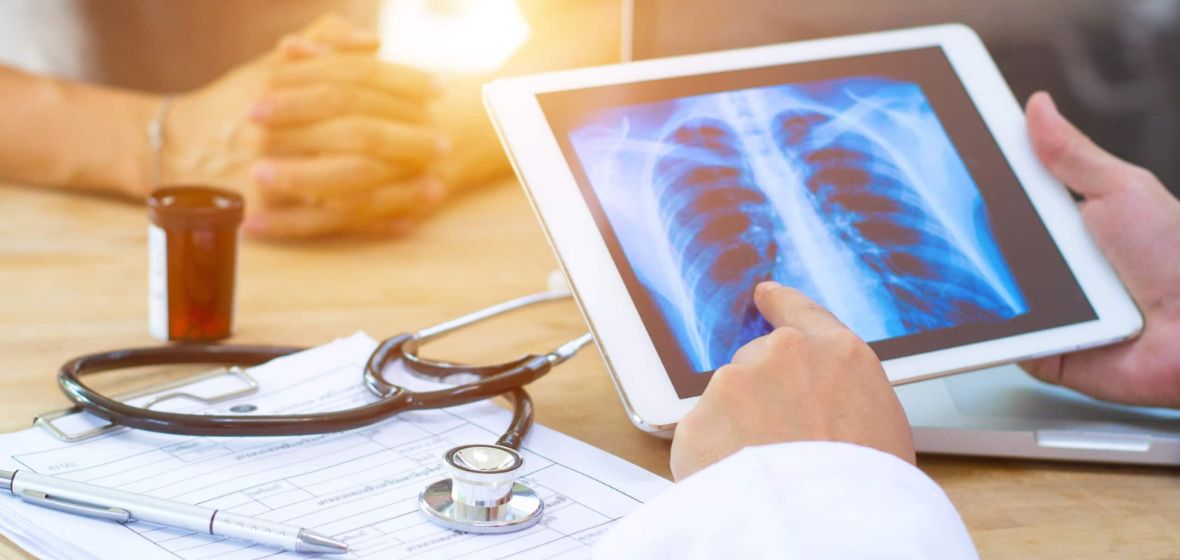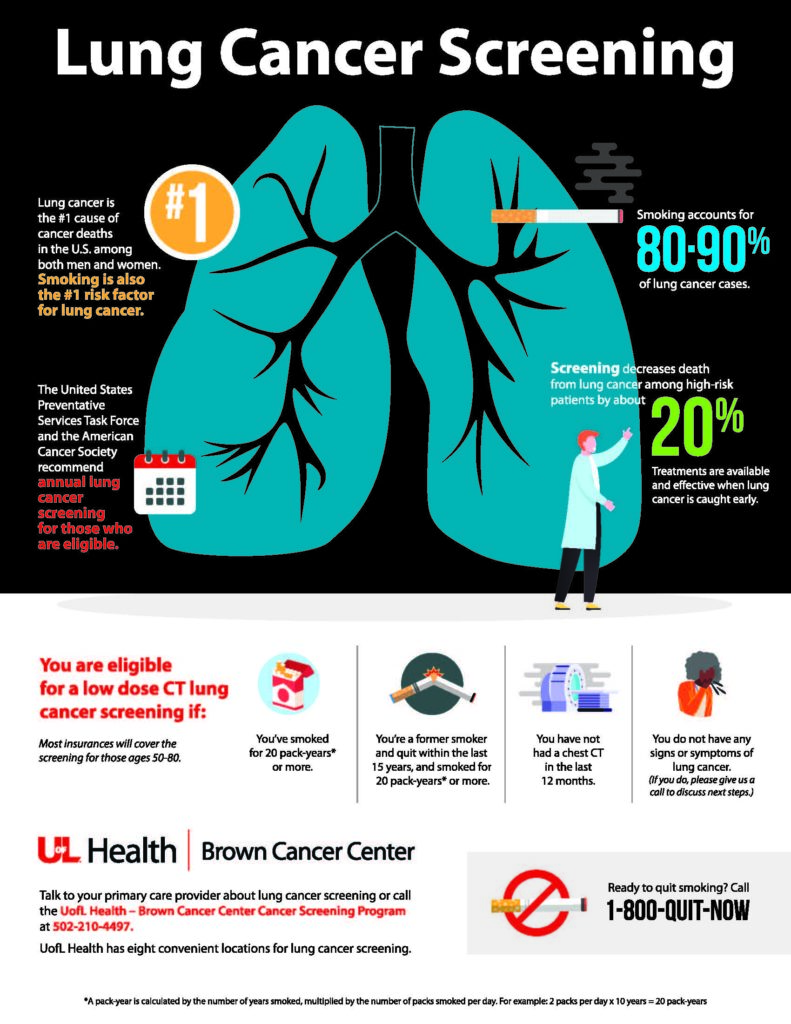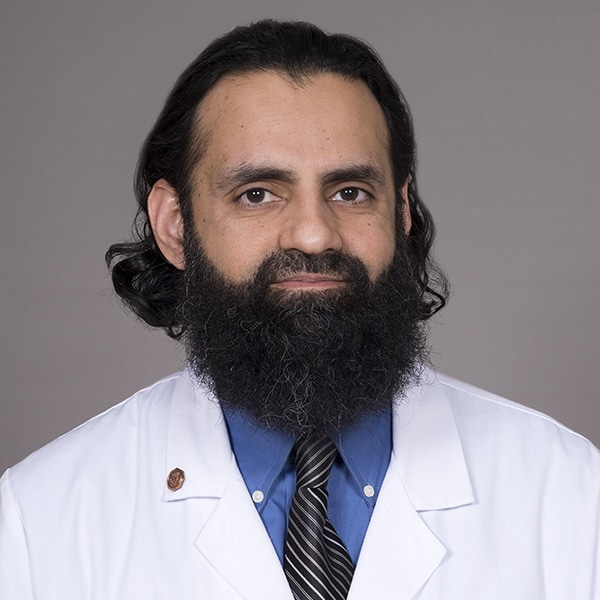
If you are over the age of 50 and you are a smoker, there is a good chance your physician has recommended that you get a lung scan to screen for lung cancer. There are good reasons for this. With Kentucky having one of the highest rates of lung cancer in the U.S., screening at-risk individuals can help catch cancers while they’re still treatable. Screening has actually been shown to reduce lung cancer deaths by about 20 percent because it has the ability to detect lung cancer early before symptoms begin.
So, if you’re considered a candidate for lung cancer screening, what should you expect?
About low-dose CT lung cancer screenings
A chest CT scan takes minutes and can detect whether you have “pulmonary nodules” which can be an early sign of lung cancer. Keep in mind, the screening can only show if a nodule is present, but not if it is cancerous. Most nodules are benign, but a scan with nodules present will alert your physician to the need to do further testing, such as biopsies.
Lung cancer screenings are good for more than just finding nodules. It can also screen for a wide variety of other lung conditions or lung damage patients may not even realize they have. It’s a remarkably useful diagnostic tool, with radiation levels similar to a simple mammogram.
Who should get a lung cancer screening?
- Heavy smoker or formerly a heavy smoker (defined by 20 pack-years*)
- Most insurances will cover those ages 50-80
- Must not have had a chest CT in the last 12 months (if the patient has had a CTA chest in the last 12 months, they could still have the screening chest CT)
- Has NO signs or symptoms of lung cancer
*A pack-year is calculated by the number of years smoked, multiplied by the number of packs smoked per day. For example: Smoked for 10 years x 2 packs per day = 20 pack-years.
Scheduling your lung scan
Your primary care physician should be able to direct you to the nearest screening facility covered by your health plan. If it’s recommended to you, don’t hesitate to be screened. A lung scan can be the difference between catching a condition early, or too late. And remember, lung cancer is not the death sentence it used to be. Many effective treatments, such as immunotherapy, are available today that can help cancer patients lead long and healthy lives.
UofL Health has eight locations offering low-dose lung CT for lung cancer screening.
It’s important to discuss your lung health with a primary care provider. Call 502-588-4343 to schedule an appointment with UofL Health – Cancer Screening Program. A low-dose lung CT can be scheduled with UofL Health by calling 502-210-4497. If a lung nodule is found during your scan, the UofL Health – Brown Cancer Center multidisciplinary team will evaluate the next steps. You may also request a consultation with a pulmonologist (lung specialist) in my office. Contact UofL Physicians – Pulmonology at 502-588-4600.










